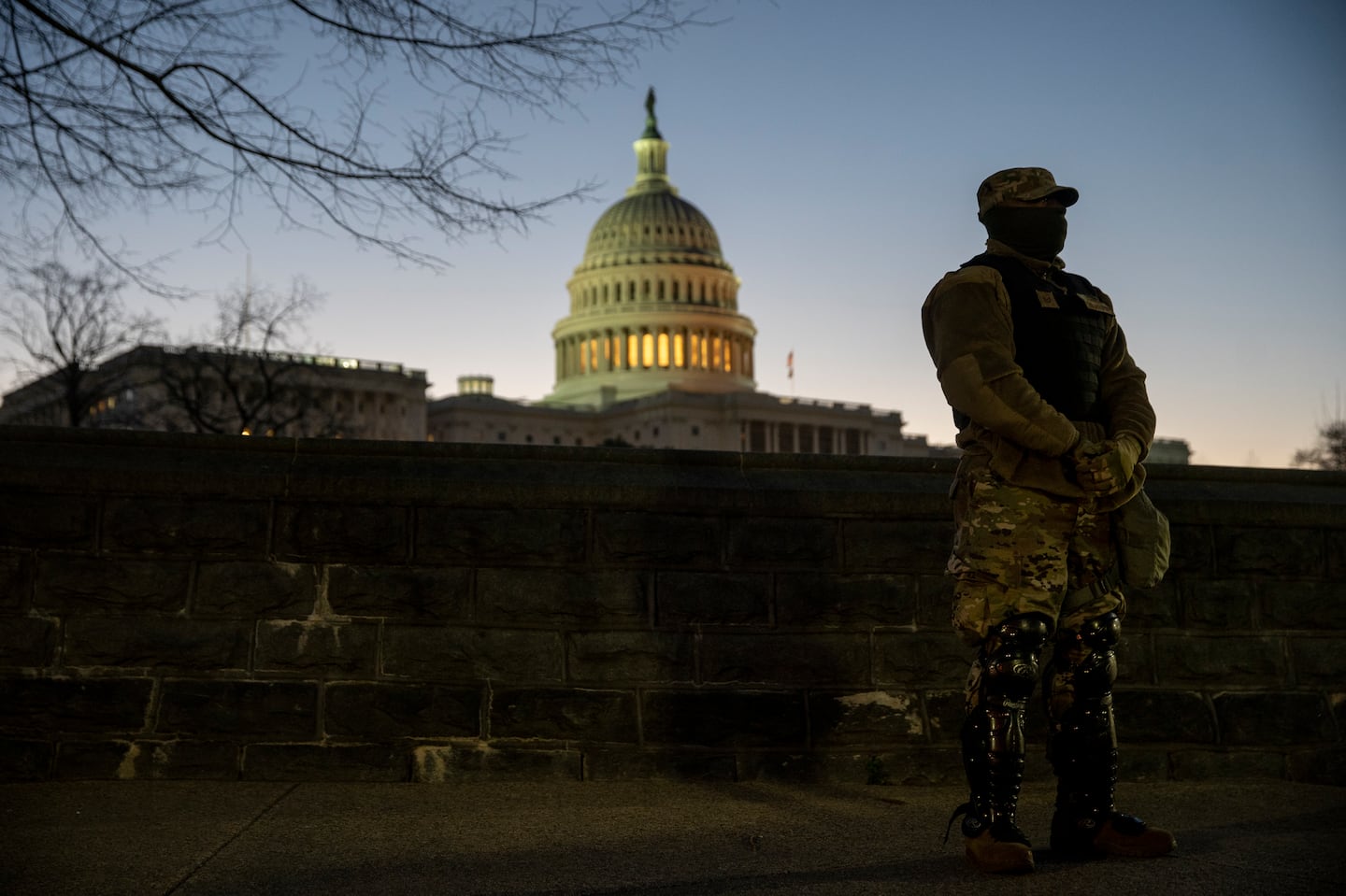Mob violence at the Capitol underscores risks of lengthy presidential transitions

The violence was made possible, in small part, by our unusually long presidential transition period — 78 days of it, this cycle. The president spent weeks cultivating the conspiracy-driven grievances that boiled over Wednesday, time typically not available during transfers of power in other countries.
In practice, this means that executive-branch transitions in parliamentary democracies are usually — although by no means always — swifter than they are in the United States. Among 20 OECD countries, the median time between a general election and a transfer of power between political parties is about 33 days, according to an analysis by The Washington Post. That is less than half the constitutionally mandated time between a presidential election and the inauguration in the United States.
For each country, the analysis examines the most recent transfer of power between leaders of different political parties — David Cameron’s Conservatives wresting power from Gordon Brown’s Labour Party in Britain in 2010, for instance. The analysis does not consider reelections or transitions between leaders within the same party, because the risk of anti-democratic actions or abuses of lame-duck power in those scenarios is relatively low.
Power transfers in parliamentary democracies can happen quickly. In 2010, no party won a clear majority in the United Kingdom, resulting in a hung Parliament. But the Conservatives quickly negotiated an agreement with the Liberal Democrats to allow Cameron to take office five days later.
But things can get bogged down, too. Belgium recently went an astonishing 16 months without a full government after its leading political parties were unable to agree on a governing coalition in the wake of 2019 elections. You’ll notice in the chart above we had to truncate the bar for Belgium, which would have otherwise broken the axis.
“The drama and chaos of the current transition may well make this the right moment to consider shortening the time frame, perhaps by moving elections closer to the constitutionally mandated inauguration day,” as Ivo Daalder of the Chicago Council on Global Affairs and James M. Lindsay of the Council on Foreign Relations recently argued in Foreign Affairs. “At ten weeks, presidential transitions are too long to be reassuring, too short to be thorough, but just the right length to cause trouble.”
A violent insurrection — driven, in part, by the false narrative that the election was stolen — is something without precedent in the modern American era. There are many things lawmakers can do to lessen the risk of more violence going forward. Mandating swifter, cleaner transitions of power is one of them.






